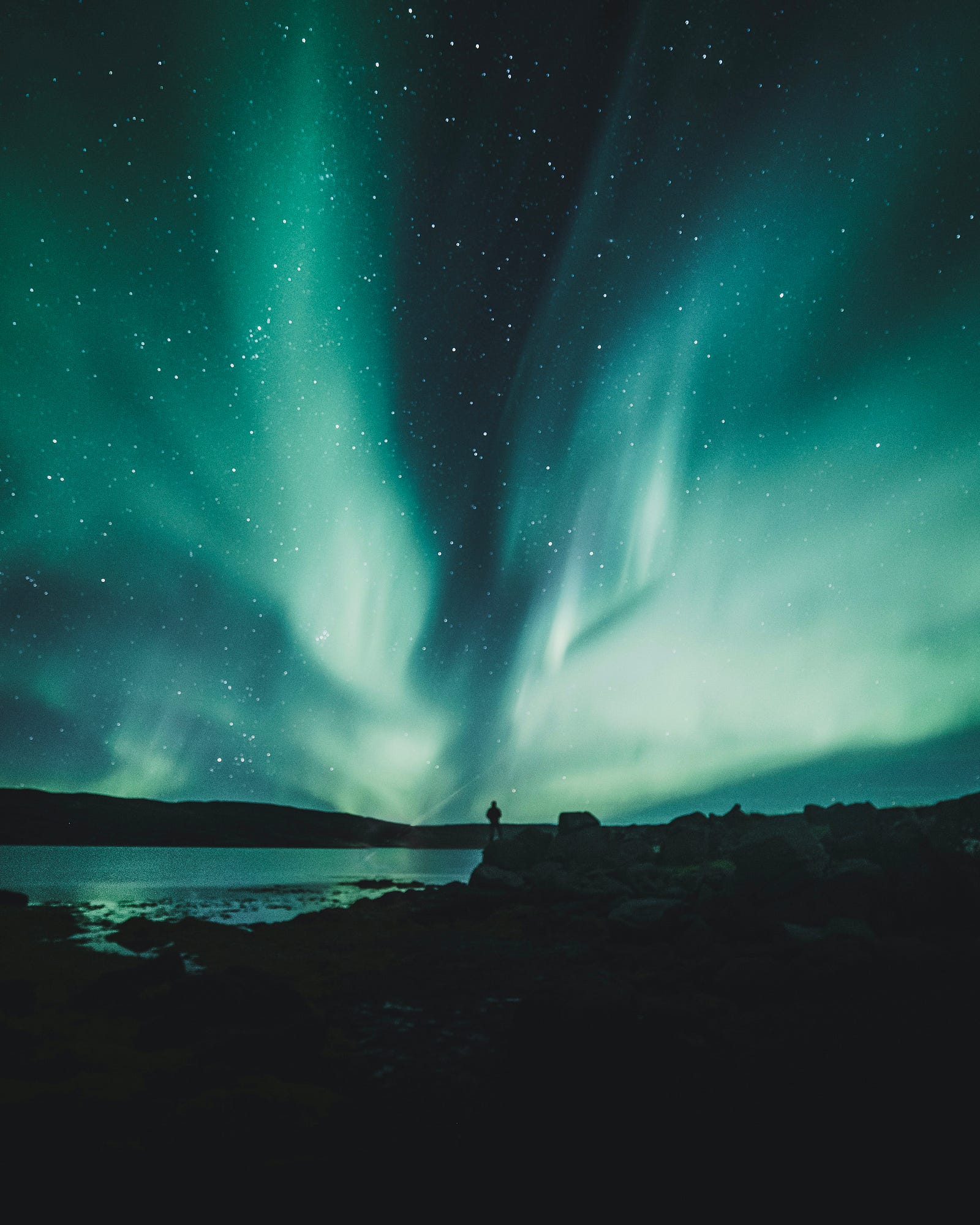The lens I left behind (and what I found).
In the chaotic whirlwind of modern life, where stress sometimes clouds my mind, finding moments of clarity and peace can feel like an elusive pursuit.
Photography has become a sanctuary for me, a form of mindfulness meditation that anchors me in the present moment and nurtures my mental well-being.
And then there is the sensation of awe I sometimes experience in nature.
“Awe is the feeling of being in the presence of something vast that transcends your current understanding of the world.” ― Dacher Keltner.
Today, I want to discuss why I sometimes put my camera aside.
Photography is Therapeutic For Me
There is no doubt that photography is therapeutic for me (when life gets blurry, literally and figuratively.
I recently wrote about that:
https://newcancerinfo.com/wp-admin/post.php?post=14128&action=edit&calypsoify=1
But that is not my focus today.
Rather, I want to share what I experienced when I put my camera down to live in the moment.

Awe.
I recently experienced the sensation from a volcano top in Bali.
But I needed to ditch the camera to experience it fully.
Dacher Keltner on Awe
Again, Dacher Keltner:
“Wonder, the mental state of openness, questioning, curiosity, and embracing mystery, arises out of experiences of awe. In our studies, people who find more everyday awe show evidence of living with wonder. They are more open to new ideas. To what is unknown. To what language can’t describe. To the absurd. To seeking new knowledge. To experience itself, for example of sound, or color, or bodily sensation, or the directions thought might take during dreams or meditation. To the strengths and virtues of other people. It should not surprise that people who feel even five minutes a day of everyday awe are more curious about art, music, poetry, new scientific discoveries, philosophy, and questions about life and death. They feel more comfortable with mysteries, with that which cannot be explained.”
What Is Awe To You?
Awe can mean many things.
For me, seeing an aurora borealis counted as awe.
Sitting on a volcano in Bali to see the sunrise?
Yup, awe.
Watching a total eclipse creates a feeling of vastness and awe.
Watching this fellow play Bach created awe for me (my wife and I shed tears).
/media/b82373dc5e5fd4128da9d23f6df0f8f3
And for you?
Have you experienced awe?
The Science of Awe
Awe is vast.
But you can experience it, too.
Dacher Keltner, a psychologist at the University of California, Berkeley (USA), demonstrates this:
Awe has great health benefits, including calming down our nervous system and triggering the release of oxytocin (the “love hormone”), which promotes bonding and trust.
Physiological Benefits of Awe
What’s going on biologically when we experience awe?
Physiological Benefits
Awe activates the vagus nerves.

This activation can slow my heart rate, improve digestion, and allow deeper breathing.
I am experiencing signs of relaxation as my parasympathetic nervous system takes charge.
Psychological Benefits of Awe
Awe quiets negative self-talk.
The experience appears to deactivate our default mode network, linked to self-perception.
This observation may explain why awe experiences can lead to decreased self-importance and increased connection to something larger than oneself.
In essence, awe can lead to a more relaxed body and a quieter mind, fostering a sense of well-being and connection.

The Lens I Left Behind (And What I Found)
I think you now know what I meant with this essay’s title, “The Lens I Left Behind (and What I Found).”
Sometimes, we must put away our mobile phones, cameras, or conversations to be in the moment.
I sat my camera on the jeep seat and enjoyed, from the top of a Balinese volcano, the most magnificent sunset.
Awe.
Thank you for reading “The Lens I Left Behind (and What I Found).” Do you have a favorite awe moment? And do you remember to sometimes ditch the camera? Finally, please consider signing up to follow this blog!




